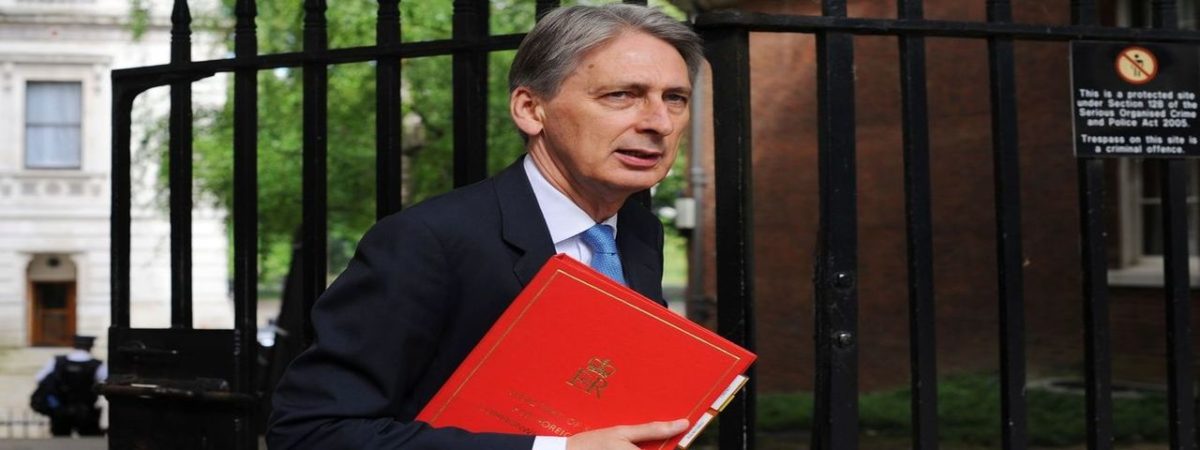Free trade is the foundation of modern economies & modern prosperity, says new IEA report
SUGGESTED

IEA reacts to Jeremy Corbyn's party conference speech

IEA reacts to the Chancellor of the Exchequer's speech at Conservative Party Conference

IEA releases a primer on free trade
Following the advent of the Internet, our systems of economic co-operation have become the most productive they have ever been. But recent global trends towards increased protectionism mean it is necessary to re-emphasise the benefits of free trade.
The Institute of Economic Affairs’s latest report, Free trade and how it enriches us, goes back to basics to explain the key principles of trade, to debunk the myths around its impact on employment levels, and to make the economic case for why it improves the well-being and prosperity of people around the world.
Author of the report Donald J Boudreaux – Professor of Economics, and former chairman of the Department of Economics at George Mason University –highlights why trade makes everyone who participates in it better off than they would otherwise be, and why it makes no difference if the trading parties live in different countries.
Key Points:
The benefits of free trade
- All voluntary trade improves the well-being of those involved, because it enables and encourages specialisation in production and innovation, which in turn increases total economic output and individual prosperity.
- Facilitating specialisation is important because the total output of any group of people will rise if each member of that group specialises in doing a particular task (as opposed to each member producing everything for themselves).
- Global free trade encourages maximum competition, which benefits workers and consumers alike.
- Trade discourages businesses from wasting resources in pursuit of special privileges, such as punitive taxes on consumers who purchase foreign products.
The impact of free trade on employment
- While imports may render particular jobs redundant, it’s untrue that imports increase lasting unemployment
- The destruction of any particular job does not cast the worker into a state of permanent joblessness
- Labour markets are relatively efficient and flexible – workers are able to switch jobs and employers are generally free to expand their operations and to compete for workers
- Tariffs and other government interventions (such as occupational licensing) that artificially protect some existing jobs from being destroyed by competitive market forces can prevent consumers from accessing the products they want.
Commenting on report, Jamie Whyte, Research Director at the Institute of Economic Affairs said:
“Trade is the foundation of modern economies and modern prosperity. Yet it has fallen from favour with politicians around the world. Since 2008, G20 countries have introduced more than 1,500 new import tariffs. And President Trump is in the process of triggering a “trade war” with China and the European Union.
“The case for free trade cannot be made too often. This report by Professor Boudreaux explains how, through the division of labour and comparative advantage, trade enrichers those who participate in it.”
Notes to editors:
For media enquiries please contact Nerissa Chesterfield, Head of Communications: nchesterfield@iea.org.uk 020 7799 8920 or 07791 390 268
To download ‘Free trade and how it enriches us‘, click here.
For more research from the IEA on free trade please click here.
The mission of the Institute of Economic Affairs is to improve understanding of the fundamental institutions of a free society by analysing and expounding the role of markets in solving economic and social problems. The IEA seeks to provide analysis in order to improve the public understanding of economics.
The IEA is a registered educational charity and independent of all political parties.



